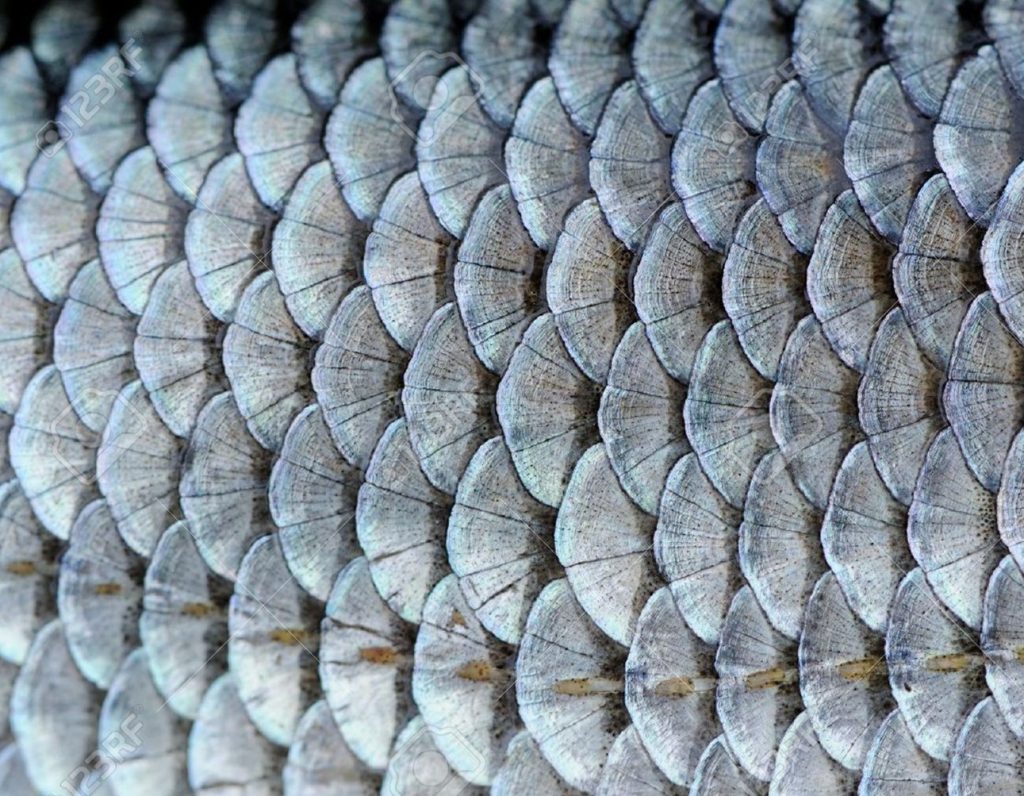Animal welfare is not only a concept to try to mitigate the impact that human beings have on the health of animals, but a way of doing more ethical and conscious with life. This awareness, which is increasingly having a greater impact and relevance in the scientific field, must be able to develop new study tools and methodologies while maintaining a balance between reliability and minimal impact on animal health. In this sense, an example is the study of mucous membranes and specifically that of the skin, one of the most promising tools for analyzing the physical and physiological state of the animal. With the growing interest in these matrices, it is also necessary to determine the best biomarkers and define their roles in animal health.
The development of these new tools and the use of new matrices (outside the classic ones) opens a new path of convergence between productive and ecological science, always bearing in mind the objective of being more responsible with animal life.

